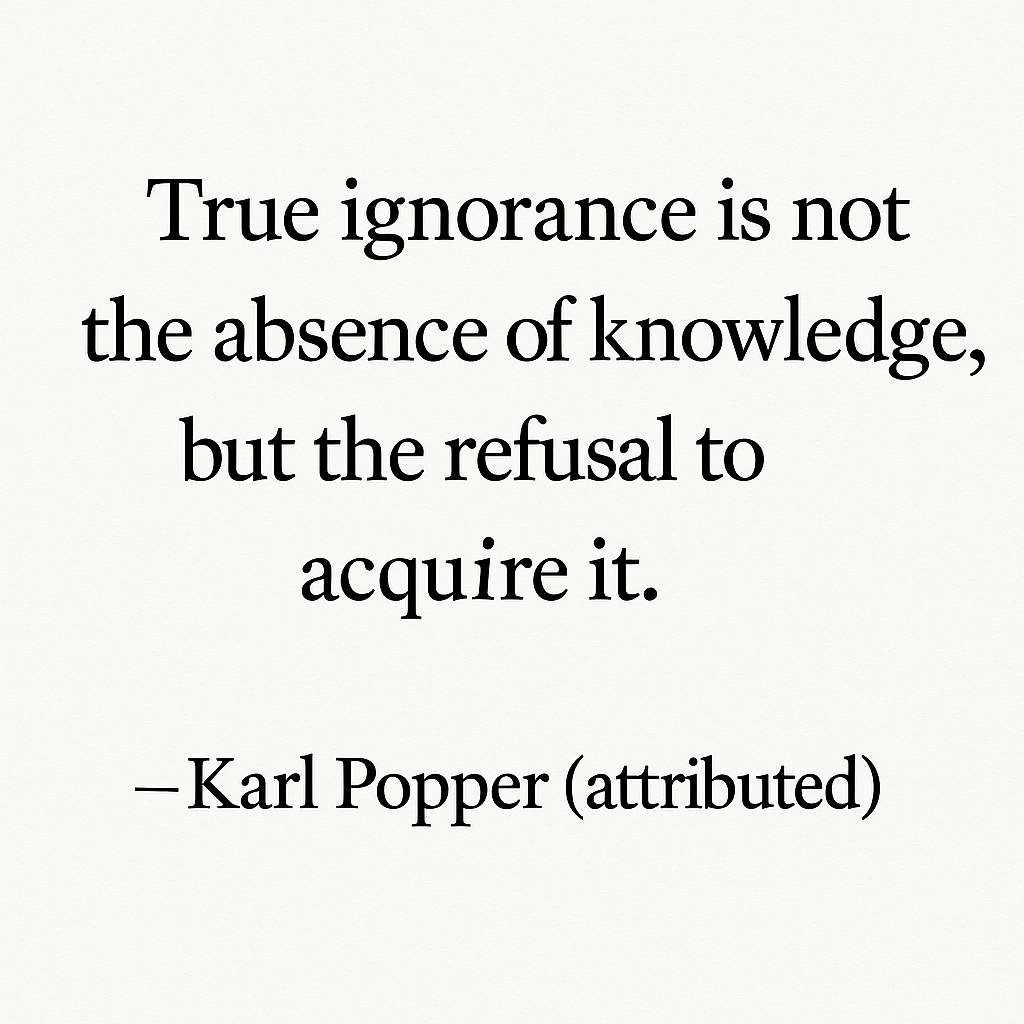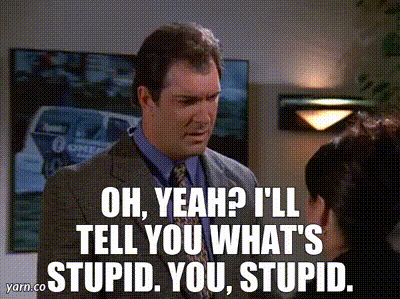
“Math is stupid.”
I remember saying that to my high school math teacher, and even though Seinfeld never really took off until after I left high school, I am sure he wanted to say this to me.

He held his breath and kept that comment to himself, although I am sure he thought it.
But he did follow up by asking the question, “How is math stupid?”
And then I felt stupid.
I had nothing.
Years later, as a teacher, I was told the same thing, and although the David Putty line popped to my mind, I did ask my student the same question that I had asked years earlier.
“How is math stupid?”
Again, crickets.
Many times, when we struggle with something, it is not our fault but the fault of the subject. In the classes where I struggled with the content the most, I was the least well-behaved. I would rather be known as the class clown than to be thought of as dumb.
I wish I could say that with wisdom and experience I have changed my ways, but far too often, my first inclination when I don’t understand something, whether it be the content or the appeal to others, it is easy to think “it is stupid” rather than it highlighting a lack of knowledge in myself.
Although I might think it, I don’t say, “INSERT THING I DON’T GET HERE is stupid,” but I try to ask questions.
But this is something I still see in education circles.
PBL is stupid.
PBIS is stupid.
MTSS is stupid.
Acronyms in education are stupid. (I might agree with this one.)
Honestly, there are so many initiatives and projects that might not benefit a classroom or school community. Sometimes, what might benefit one community can be detrimental to another. I get that.
I am at the age where, instead of just agreeing with the idea that something is detrimental, I ask for further information.
I “How is math stupid?” them.
Now, we don’t always say, “Math is stupid,” but we may say sentiments of that ilk (“ilk” is my favorite three-letter word, and I try to get it into as many conversations as possible).
Here is one I have noticed lately: “Have you tried relationships?”
Totally sarcastic tone, and again, I get the sentiment. There can be a focus on the idea of “building relationships” as being the end-all, be-all of education. I disagree. But I do believe it is foundational to the work that we do.
In probably my favorite Ted Talk of all time, Rita Pierson famously says, “You know, kids don’t learn from people they don’t like.”
There has been tremendous pushback on this idea, especially that you have to like someone to learn from them.
If you look at that statement, I don’t believe you have to like someone to learn from them.
In my life, I have learned from people I don’t like, maybe even outright disliked. Sometimes, I learned what to do, and sometimes, I learned what not to do. Either way, I learned.
That was never my takeaway from Ms. Pierson’s comment.
It was the idea that when we have someone pushing us, we can go much further when we know they also have our back.
You might still disagree with me in the context of learning, so my question would be, do you also disagree with that sentiment in the workplace? If you hate your boss, you might still excel in your role, but it is definitely not because of them but despite them.
Would you do even better if you felt your boss valued and appreciated you? I know I would (and have).
So yes, some ideas in education can be stupid. But I am trying to grow past my “math is stupid” phase and ask better questions. Since that approach didn’t turn out well for me in high school, trying something different several decades later might lead to a better conversation.